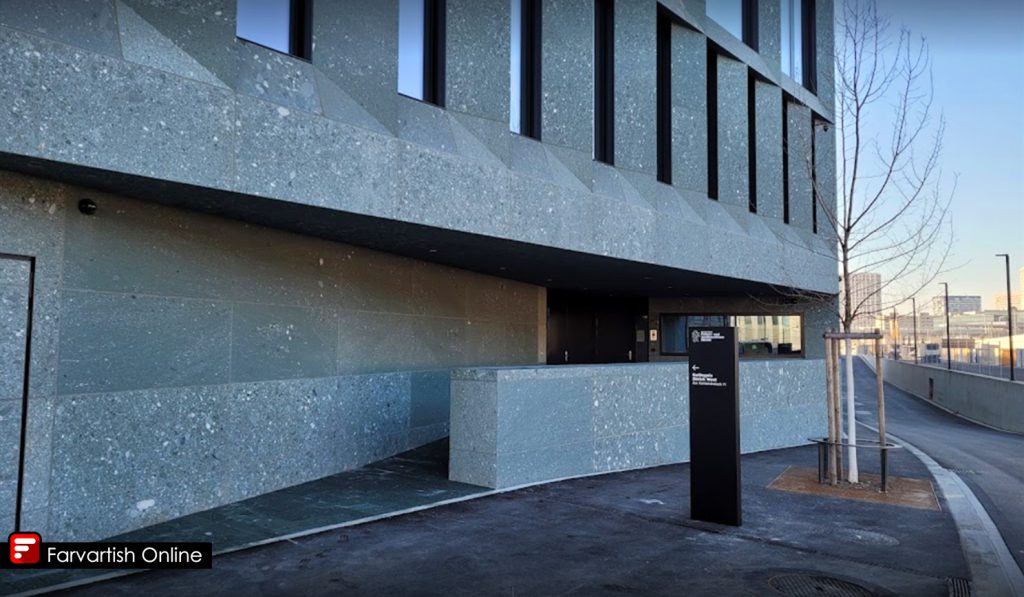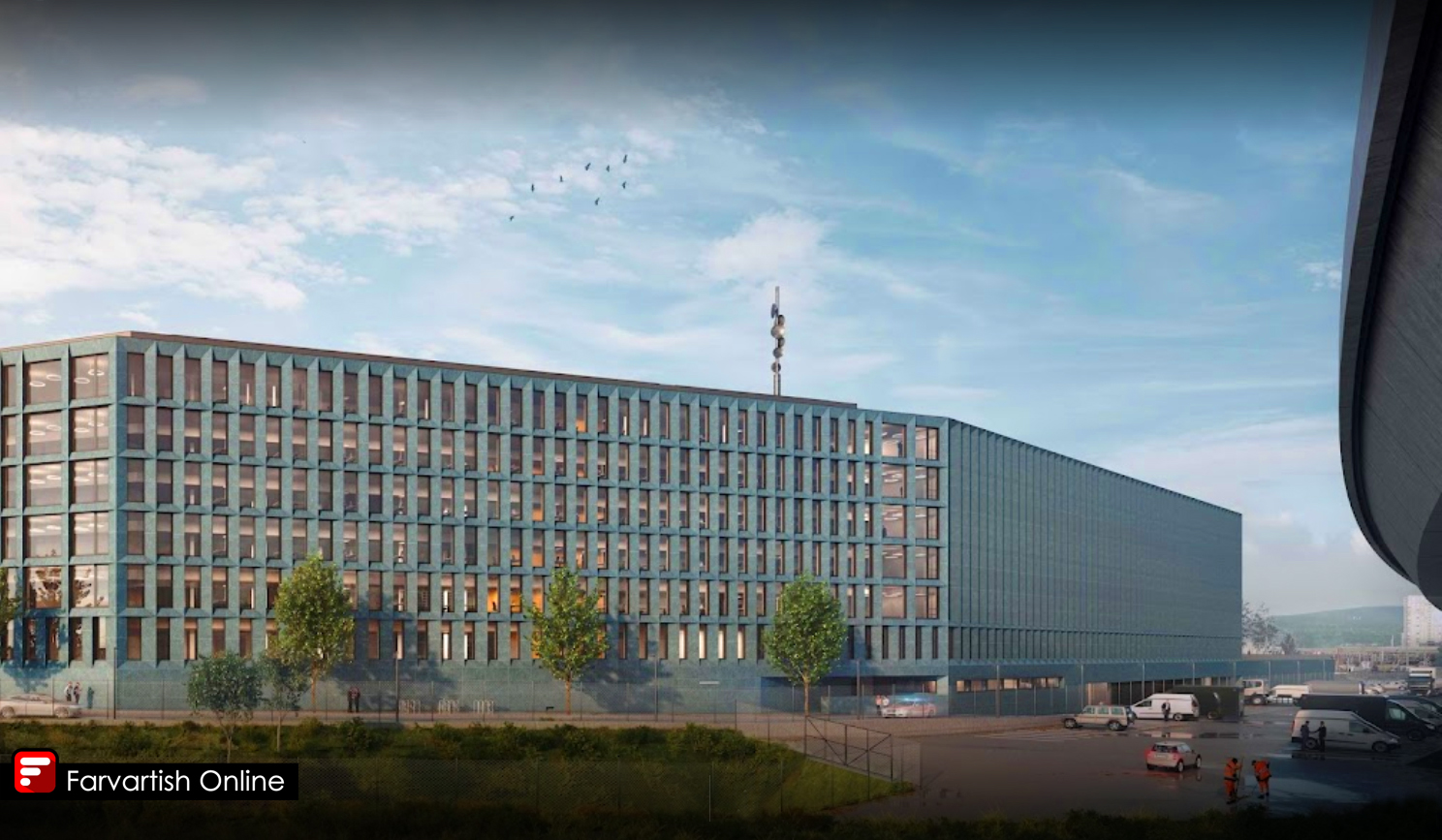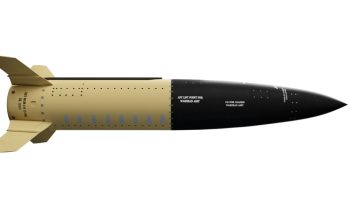The call of a recently built prison in Switzerland for admitting volunteer inmates was the news that attracted a large audience around the world.
As announced by Zürich West Prison, the facilities and performance of the personnel at this prison are to be tested before its official opening in April 2022.
Zürich West Pre-trial prison is built for the accused people that are to stay there for 48 hours.
The settlement of the experimental inmates will be from March 24th to March 27th and the volunteers whose application has been accepted have received a penal clearance certificate. They will turn in their cell phones upon entry and they have received a guarantee from the prison authorities that they would be totally safe.
The stay of ordinary citizens who have not committed any crimes and have not been arrested by the police in a prison is a rare event that brings many questions to mind.
To find out more, Farvartish Online has interviewed the prison chief, Mr. Marc Eiermann, about volunteer inmates and the equipment available at this facility.

What are the features of Swiss prisons that differentiate them from the prisons in other European countries?
In Switzerland, since it is our legal mandate as caring for the prisoners entrusted to us, we regularly review and adapt our detention regime. For example, there are more and more opportunities in pre-trial detention that allow detainees to spend 7 to 9 hours a day together in groups, some of which they are free to organize. There is also a time in which there are activities led by support staff. They have the possibility to work on a voluntary basis and earn some money. There is no obligation to work until a person is legally sentenced to imprisonment.
Furthermore, even in pre-trial detention, it is our task to organize the everyday life of the detainees according to the principle of normalization. This means that life in prison should differ as little as possible from everyday life in freedom.
Which facilities or provisions of Gefängnis Zürich West differentiate it from other Swiss prisons?
The biggest difference is that we take on the responsibility for the so-called police custody.
Police custody is valid for the first 96 hours from the time of the arrest. Until today, the detainees are cared for by the police during this period. From April 2022, we will be responsible for this on the part of the correctional system and we will take in and also release people who have been arrested around the clock on all days.
How is the new detention center used by the Swiss police and judicial authorities?
If a judicial authority orders pre-trial detention, this will be carried out either in Zurich West Prison or in another of the overall seven pre-trial prisons in the canton of Zurich. Each pre-trial prison has its specialization. For example, one location only takes in women while another pre-trial prison operates a crisis intervention unit for inmates with an acute psychological crisis, and Zurich West Prison will function as a medical competence center.
Has any newly established prison ever called for volunteers before?
As far as we know, we’re the first to make such a decision. Having studied the world media’s response to the news of our project, we have concluded this has not happened before anywhere in the world. Incarcerated people are part of our society. Many are fathers or mothers with a family from which they are suddenly separated, without knowing when they will have contact again or be reunited. People who already know prisons already know what will happen to them next and already unconsciously adjust their behavior. That’s why only people with a clear penal record participate in our experiment.

What are the biggest challenges that you anticipate facing during the project for the accommodation of experimental volunteers?
We are convinced that everything will work in principle during the test. And we are also convinced that we will have to make adjustments in many places after the test and before the opening.
Have there been any disagreements with the performance of this project?
Overall, we have received a lot of positive feedback about the project. However, there are also a few voices that accuse us of making an event out of it and not taking into account the real feelings of the inmates. We cannot agree with this because we base all our actions on the needs of the inmates. We are assured that the results of this experiment will help us consider the interest of the detainees as much as possible and focus on their essential needs.
It was mentioned in the news that the inmate would be able to talk to the supervisors at any time as he may wish. Could you explain how this system functions?
In each cell, inmates can contact supervisory staff via an intercom system round the clock. As a rule, someone then comes directly to the cell door and talks to the inmate.
How many people will be accommodated in each cell?
In the police detention area, there are almost only double cells. In the area of pre-trial detention, it is mainly single cells. We also have special cells for people who endanger themselves or others.
What is the equipment available in the cells?
All cells have large windows without bars because the windows are secure and safe enough. The inmates have access to a TV connection with streaming technology, a large table, and one chair per detainee. We do not use bunk beds in Zurich West because on the one hand, ground-level beds are easier to use for less mobile detainees and on the other hand, there are other security considerations.
Will other sections such as the kitchen and laundry room be working during the provisional period?
In the test period, just as in the ordinary procedure of the prison, the laundry is done externally and the food is also delivered by an external service provider.
How often will the pillowcases and sheets be changed?
Hygiene is an important part of health care and the sheets are changed when necessary. In police custody, we use disposable linen. In pre-trial detention, blankets and pillows have covers.
What are the activities and hobbies the volunteers are allowed as the inmates during their imprisonment?
In the test mode, the regime of police detention applies. In that setting, we cannot offer such a wide range of activities as in pre-trial detention. In general, we have fitness equipment, and a ping pong table in each walk yard and the inmate can go for a walk. There is also a library with books in many different languages and we offer the opportunity to make purchases. Minors receive schooling if they are of school age.
Being one of the most popular amusement tools, what is the use of a TV in Zurich West Prison?
On the one hand, it’s about distraction, but also about prisoners being able to inform themselves about world events. The programs are based on what is generally available in Switzerland. However, the inmates may also watch some additional channels in different languages.
Other than reading books or watching TV, how else can the inmates spend their daily time?
Relatives can make visits. All detainees have regular contact with their lawyers. During group time, detainees decide for themselves if and how long they want to shower. Each group has a group room where they can eat together or play games if they wish. These social activities allow them to practice their social skills. The support staff is always present in the group enclosure as a contact person and also for security reasons. We expect our staff to actively seek contact with the inmates because we believe respectful and fair interaction is the best security measure there is.
Considering that temporary detention may happen to any citizen and these people are usually in shock, are there any in-house psychologists to assist them to cope with the situation?
All detainees have access to health services, including primary care physicians, dentists, and psychiatrists. If necessary, a detained person is transferred to a hospital or a psychiatrist. It is to be considered that at the beginning of imprisonment, prisoners are very vulnerable and often have suicidal thoughts. Our staff is trained and sensitized to recognize and react to the corresponding signs of suicide.
Do you hope that the volunteers would contribute to reducing the crime rates in society by recounting their experience of imprisonment?
We are very fortunate to live in a very safe country already. Above all, we have the hope that the participants will get a more realistic picture of what happens behind prison walls. Prisons, unfortunately, appear in the media mainly when something has gone wrong or detainees disagree with some aspects of their detention. However, there are also many good things such as the modernization of pretrial detention.




